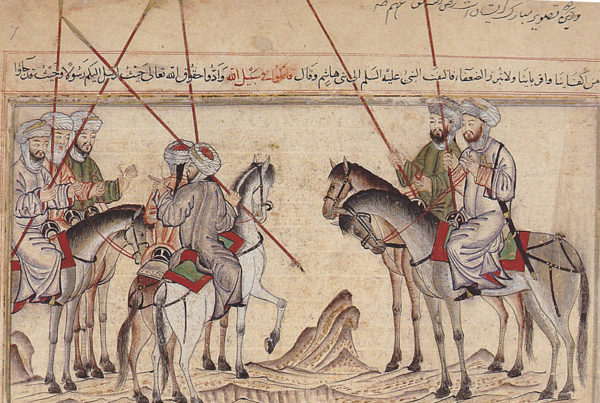 Greece can be seen as a nation of superlatives. Whether it is the infallible heroes in Greek mythology, the foundational philosophers of Ancient Greece, or the fat cat politicians, it can be argued that Greece is never seen on the global stage as mediocre.
Greece can be seen as a nation of superlatives. Whether it is the infallible heroes in Greek mythology, the foundational philosophers of Ancient Greece, or the fat cat politicians, it can be argued that Greece is never seen on the global stage as mediocre.
In his book The Full Catastrophe: Travels Among the Greek Ruins, author James Angelos uses personal anecdotes collected while travelling around the Greek islands to not only describe, but also to contextualize, the current crises in Greece. While mainstream media reports heavily on the debt crisis, Angelos outlines several other crises that are slowly weighing down on the picturesque blue and white islands. When one fits them together like a puzzle, only then does Greece’s present situation begin to make sense.
Through a discussion of the themes of history, corruption, and migration, Angelos explains the current situation in Greece. Given his Greek-American heritage, he is able to interact with locals in their first language in order to expose the true feelings of the Greek people. The elimination of a language barrier helps to distinguish Angelos’ research from others.
Angelos begins with history, as he believes that “a people who forget their history, have no future.” In the first chapter, he makes an important distinction between disloyalty to the state and disloyalty to the nation. The feeling of Hellenic superiority that many Greeks hold can be tied to the fact that Greeks feel immense national pride. Tellingly, this pride does not extend to the state. The Greek people, like many other groups throughout the world, have suffered through centuries of foreign domination – most notably the Ottoman Empire – and this experience now informs anti-government feelings imbedded in their culture.
Taking history into account, it becomes easier to empathize with the feeling of disdain the Greek populous holds for the “Troika” (European Commission, International Monetary Fund, and the European Central Bank). Many Greeks see the Reserve as a new foreign occupation. What makes this occupation worse is that Greek politicians willingly agreed to it. In this sense, the state betrayed its people. Given Angelos’ account of Greek history, it comes as no surprise that the referendum asking whether or not to accept the European bailout conditions was defeated by 61% of the Greek populous.
The second theme Angelos discusses is corruption, a reality that has become inseparable from both the Greek government and civil society. The question Angelos seeks to answer is: were the Greeks actors in the so-called poverty lie, or were they suffering the effects of austerity policies and economic ruin? Ultimately, he concludes that it is a mixture of both. Angelos notes that many people he saw rummaging through dumpsters in Athens were old and decently dressed people who had given their pension money to their children and grandchildren. On the other hand, political heroes such as Akis Tschatzopoulos were able to embezzle millions of euros through the department of defence and the procurement of second-hand German submarines. Tschatzopoulos was only caught due to an EU-inspired crackdown on corruption. Angelos astutely notes that less money may mean less consumption of goods and services, but when Greek people do consume, they make more of an effort to avoid paying taxes. To them, this is justified because they feel no loyalty to the state; rather they feel loyalty to the people who make up the Greek nation.
The idea of a Greek nation parallels with the third theme Angelos discusses, migration. While migration refers to the movement of people from one part of the world to another, Angelos also discusses the migration of ideas that have affected Greece. The most crucial observation Angelos makes is that Hellenism was never defined in terms of culture – it was defined in terms of race. Therefore, migrants coming to the Greek islands are seen by nationalists (particularly Golden Dawn sympathizers) to overrun not only the fragile economy, but also the ever-fragile definition of Hellenism itself.
Angelos, while explicit in his anecdotal discussions leaves one last piece of the puzzle for the reader to connect – and without it, one cannot fully understand Greece’s situation today. The crises in Greece are not solely due to tax evasion, an influx of migrants, and a problematic racial definition of Hellenism. Greece may no longer resemble the romantic image denoted in The Republic, but it is a country whose history has prioritized the nation of Greek people above the state borders it occupies. What we see today is not a state struggling under the weight of debt and European obligation, but a nation struggling to define what it will become in the years, decades, and centuries that follow.








